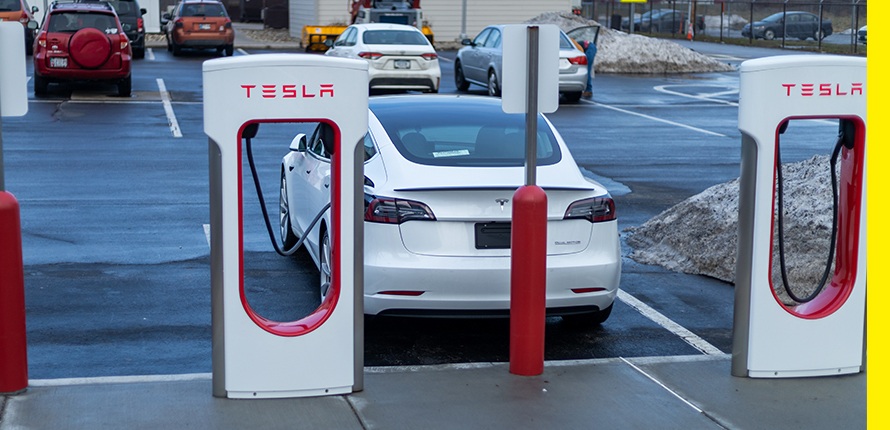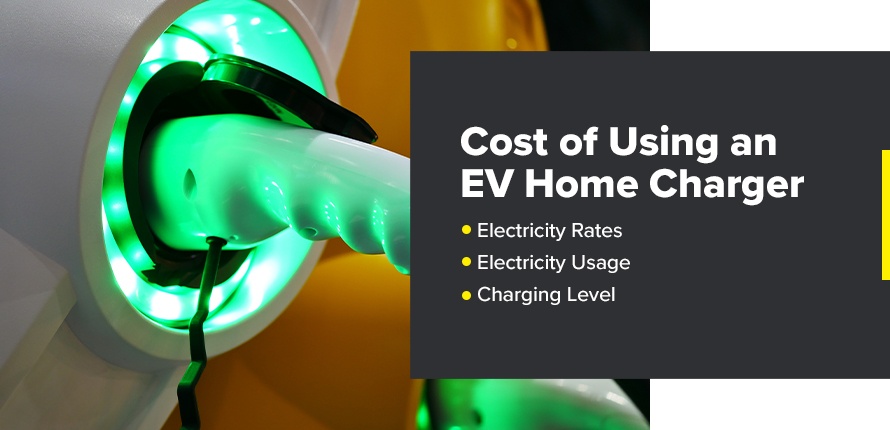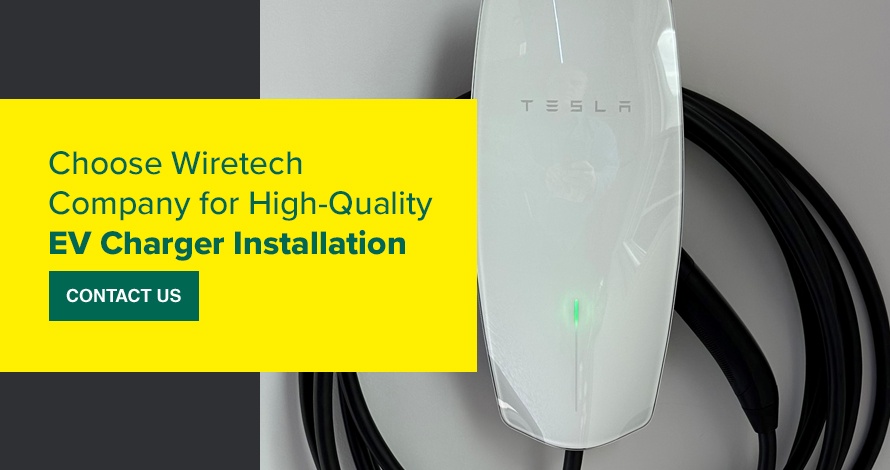
As an electric vehicle (EV) owner, you want to find the most efficient vehicle charging method. The cost of using EV charging stations can vary depending on how much their owners decide to charge. It can also vary based on the EV charging level and charger type. While some stations offer free charging, most require various recharge fees, so drivers should know what goes into the pricing at charging stations.
Below, discover more about EV charging costs at public charging stations and at home so you can be a more informed EV driver.
Cost of Using a Public EV Charger
When you’re on the road, you’ll need to stop and recharge your EV at some point. How much does it cost to use a public EV charger? Here are some factors that influence public EV charging station costs:
Cost Per Kilowatt-Hour
What is the cost of using an EV charging station? Most charging stations base their prices on the cost per kilowatt-hour (kWh). By understanding the kilowatt-hour cost of charging your car, you can more accurately calculate the cost of charging your EV.
On average, charging your electric vehicle costs around 10 cents per kWh. This number can fluctuate drastically depending on the charging station’s location and the charging level.
Charging Company
EV stations are supplied by charging companies that offer different rates per kWh. This is similar to how gas stations work, where some stations might cost less to charge your car at than others.
Charging Port Demand
EV charging stations can have peak hour charging times that impact the price per kWh. The cost of charging your car can increase when there’s a high demand for charging ports. Depending on the popularity of the charging location, you may pay more per kWh each time you recharge your vehicle than you would at other, less popular stations.
Charging Port Compatibility
When you recharge your EV at a charging station that’s compatible with your car’s make and model, you don’t need an adapter. If you charge your vehicle at a non-compatible charging station, it may cost more to use the adapter.
Charging Level
While most electric vehicles can use Level 2 charging stations, you may need to use a different level for your EV. Some cars, like Nissan Leafs, require specialized fast charging levels. Teslas are another example of EVs that can use higher levels of charging, called Fast Charging or Supercharging. These charging stations can cost more to use than stations with other levels of power.
Charging Length
Consider the time it takes to recharge your car and the EV station’s rates. Of course, the longer it takes to recharge your car, the more you’ll pay to do so. Here’s how long it takes to recharge according to each level and how that impacts cost:
- Level 1 stations: This level can be more affordable than other charging options at EV stations. However, Level 1 chargers can take more time to charge your car fully. Consider the time it can take to recharge your battery and the availability of these stations in your region.
- Level 2 stations: Level 2 stations can charge your car faster than Level 1 stations. Depending on the car battery percentage, a Level 2 station can also charge your vehicle at a similar speed as Level 3 stations. Level 2 stations can also be more affordable than Level 3 stations.
- Level 3 stations: It can take just 30 minutes to charge your battery up to 100-200 miles with a Level 3 charger. While Level 3 stations can be a more powerful option, you may require a specific charging port to use them, and they’re not as common in public stations. Charging your vehicle at a Level 3 station can also require an 80 percent battery to recharge. Level 3 chargers can be costlier than other options.

Cost of Using an EV Home Charger
The cost of using an EV home charger can be more affordable than using a public station. Unlike public EV station costs, home charger costs depend on your electricity rates and usage. At home, you own and manage your EV charger and can control when you charge your car and your kWh usage.
Here are some factors to consider when calculating the cost of using an EV home charger:
Electricity Rates
Your electricity rates can vary depending on your region and municipality. By calculating your monthly electricity expenses, you can determine how much you pay per kWh when using your EV charger. As a result, you can make better decisions about when to charge your EV to improve your energy use and lower electricity costs.
Electricity Usage
You can manage your home EV charger usage and costs by controlling when you charge your vehicle. Utilities can offer lower rates at various times of the day and year so that you can charge your car more efficiently. In many states, electricity rates are lower at night, so charging your car overnight can be a cost-effective option.
Charging Level
The kind of charger you decide to install at home can impact how much you pay to charge your EV. Installing a Level 2 charger can help you charge your vehicle to total capacity overnight while helping you keep costs manageable. These stations are typically more expensive upfront than Level 1 chargers, but the charging speed and convenience makes up for that investment for many EV drivers.
Choose Wiretech Company for High-Quality EV Charger Installation
When you’re charging your EV at home, you want quick access to reliable power. Wiretech Company provides high-quality EV home charger installations to meet your needs.
Our team of Tesla-referred installers is certified and qualified in installing different EV home chargers in Raleigh, North Carolina. We can help you decide on the best home charging solution that works for your EV and your budget.
Contact us to learn more and schedule your installation today.

